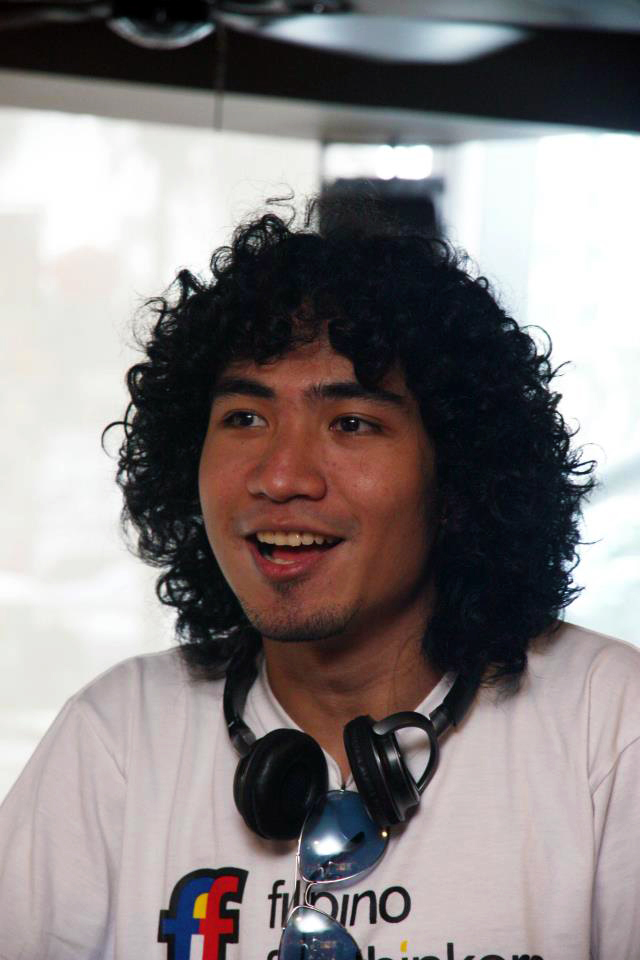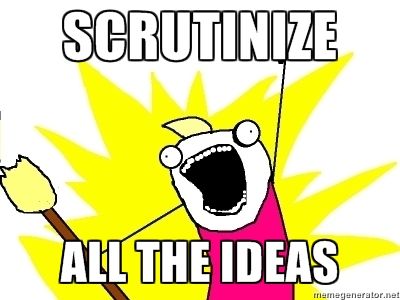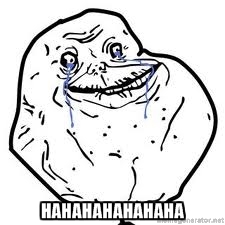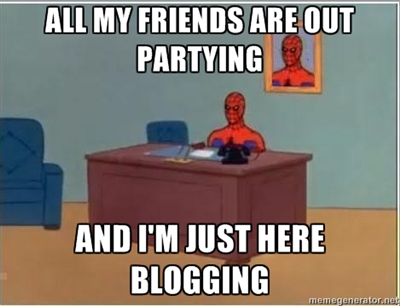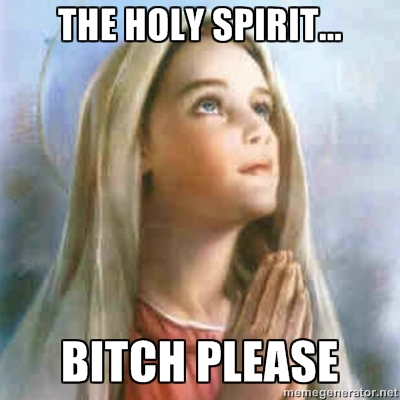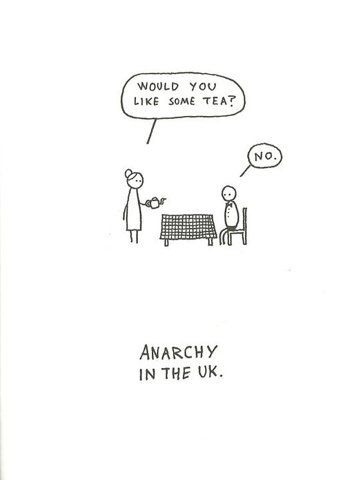No two freethinkers are exactly alike; a group of freethinkers contains a great diversity of perspectives, so there is no one, official perspective shared among all of them. This makes the freethought community a truly vibrant source of ideas and opinions!
In this light, Meet a Freethinker is our series featuring freethinkers of all backgrounds and perspectives. We want to introduce you guys to the people who make up the proverbial melting pot of this growing movement.
Our next freethinker is Pepe Bawagan, a man with a ludic prohairesis who seeks to be autotelic. He hates people who use difficult words to describe themselves. Especially that dude who just wanted to say that he has a playful character and wants to live a meaningful life. Anyway, Pepe is a ‘frogrammer by day and a vocalist by night. He works with Revi at By Implication, and together they built Rollcall.ph, a website for tracking attendance in congress. He’s a rabid supporter of Open Source Ecology and has absolutely no ties whatsoever with Anonymous. In a nutshell, he’s the most awesome person you will never know.
How would you define a freethinker?
A freethinker is someone for whom no idea is sacred. Everything is subject to scrutiny. This means reason and science are the guiding principles for a freethinker’s thought process. Freethinkers try their best to have their beliefs and decisions backed by empirical evidence. And where evidence is lacking, they are comfortable withholding a conclusion as opposed to grasping at non-explanations that only open more questions.
What belief system do you subscribe to?
Philosophical naturalism, which contends that nothing is supernatural. It emphasizes the “wholeness” of nature, stating that nothing can be “beyond nature”. If its effects can be detected, measured, and analyzed, then it is part of nature. Otherwise, there’s no point in conjecturing the existence of such a thing. It emphasizes the principle of falsifiability in the process of determining truths about our universe. To quote the late Christopher Hitchens:
“What can be asserted without evidence can be dismissed without evidence.”
What was the funniest or most interesting reaction you got from a person after you told him or her that you were a freethinker?
“Freethinker ka? So marami kang chicks?”
In what way has being part of a freethinking community benefited you?
I’ve found a group of friends with whom I can talk about almost anything. And since we pretty much share the same fundamental values, we can easily bounce ideas off of each other and grow in the process. But most importantly though, I’ve found something like a second family that I can come home to anytime.
Why is secularism important / Why do you hate Mama Mary so much you heathen?
For the sake of discussion, let’s go with the premise that government is necessary: religion should then be kept as separate from the state as possible if we are to have any hope of actually recognizing basic individual human rights, such as the right to freedom of (and from) religion and the implicit right to not have to pay (through taxes) for the religion of another.
Being an anarchist, though, I must admit that it’s something of a “divide and conquer” strategy for me as I find that both church and (eventually) state should be shed by society. I may be oversimplifying a bit here, but an abstract analogy I would have for the state and church are physical and mental coercion respectively, although admittedly, parts of each can be found in both. Aside from these, I feel strongly about keeping them apart also because history has shown that horrible things happen when they do come together. To quote Charles T. Sprading:
“A union of church and state means an alliance between tyranny and hypocrisy.”
As for the second question:
You dub yourself an anarchist. What’s the biggest misconception people make about the concept of anarchy?
It is that anarchy automatically implies chaos, when all it really means is the absence of government. This is kind of revealing as to how most people feel that they are dependent on the government. It’s pretty scary as well for us to hear that–as if the only thing keeping people from stealing from and murdering each other is the presence of legislation that criminalizes it. I think it’s far more sustainable for people to have a personal sense of ethics instead of relying on written laws to determine whether or not certain actions are justified; and if not, what course of action would be an appropriate response. (Unfortunately this is often a form of punishment in our retributive justice system.) The former allows for better contextual analysis of the many complex factors involved in undesired behavior, which helps us come up with better preventive measures, while the latter encourages intellectual atrophy and usually ends in attempts to treat symptoms instead of underlying causes.
Are you saving yourself for a proper Christian marriage?
[yframe url=’http://www.youtube.com/watch?v=oKI-tD0L18A’]
So reason and critical thinking have brought you to anarchy as a political system. What is a historical example of an anarchist state that you find practicable for the Philippines, or even a smaller country to emulate?
I’m not particularly knowledgeable about anarchist societies throughout history as I became an anarchist more through exploring it from a philosophical angle. But from what I’ve read, Freetown Christiania in Copenhagen, Denmark seems to be a good example of how an anarchist community can thrive despite the presence of state pressures (since 1971 to boot!).
In a nutshell, though, what’s required for anarchy to happen in the Philippines is to change the political system of representative democracy, which centralizes power and forces the will of the majority upon everyone, into one of direct democracy, where local general assemblies are held regularly so that communities can discuss and decide amongst themselves what actions to take regarding the issues that affect them the most. In a direct democracy, votes are cast for policies, not politicians. Cross-community organizing happens through the meeting of spokespeople, who, instead of holding official power, are mere messengers of their respective communities’ concerns.
I could go on and on about how an anarchist society could organize itself, and I’m sure a lot of people have many questions, but I think it would be best to just leave these resources here for those who want to delve into anarchist philosophy:
What is it like having hair like yours?

——-
Image credits:
http://memerial.net/1658-anarchy-in-the-uk
http://memegenerator.net

